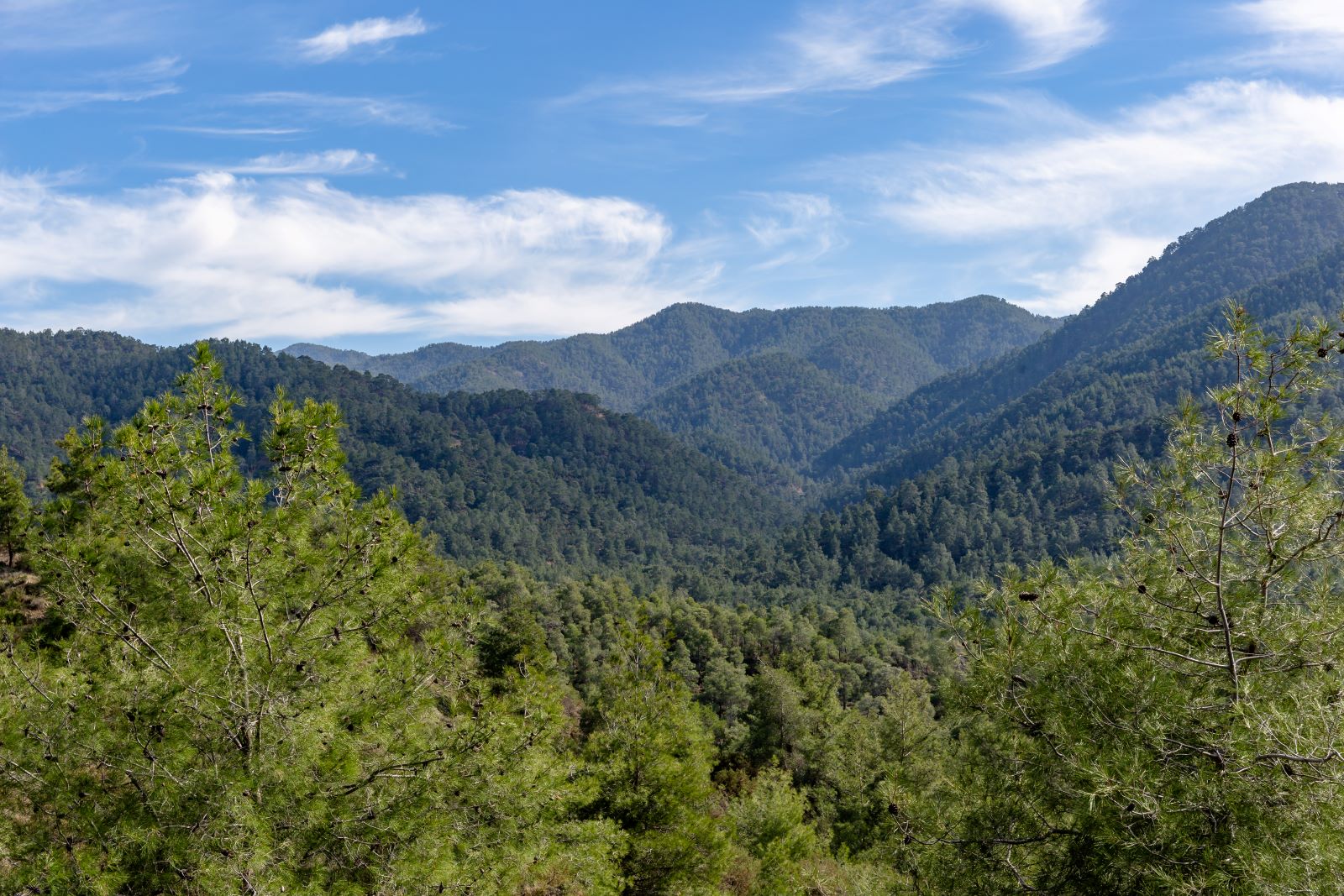Trees in Cyprus can now be registered with the help of artificial intelligence. The Cyprus institute presented a new AI-registration system to support the reliable counting of trees as part of a study on Monday.
The results of the study “contribute significantly to improving the control and management of forest and urban ecosystems in Cyprus”, the institute said, adding that trees contributed to reducing greenhouse gas emissions and mitigating long-term effects of climate change.
During the study, researchers first tested the application by mapping and recording forests in residential areas using an AI model. Later, the model was applied to map the almost one million trees in the Troodos national forest park, Athalassa forest park and a residential area of Aglandjia.
Two detailed maps for the Troodos geopark and Athalassa forest park were produced, each with high-accuracy tree crown records. Data was also used to estimate Cyprus’ total tree area.
The maps aim to provide information for planting new trees, reforestation of burned forest areas.
Furthermore, it allows for highly accurate calculations on biomasses of both forests and individual trees.
Through the results, researchers will be able to estimate the amount of carbon absorbed by the trees to reduce greenhouse gas emissions according to EU targets.
In 2023, the EU adopted several proposals aimed at becoming the first climate neutral continent in the world by 2050. In a first step, greenhouse gas emissions were set to be reduced by at least 55 per cent by 2030 compared to 1990.
According to 2021, Cyprus registered the highest contribution to net greenhouse emissions by the energy sector with 34 per cent, followed by the industrial sector with 25 and the transport sector with 22 per cent.
The study was carried out by The Cyprus Institute’s Climate and Atmosphere Research Center (CARE-C),and the Laboratory of Climate and Environmental Sciences (LSCE) in France, in collaboration with the University of Copenhagen in Denmark as part of the Horizon Europe Edu4Climate programme, funded by the EU.






Click here to change your cookie preferences